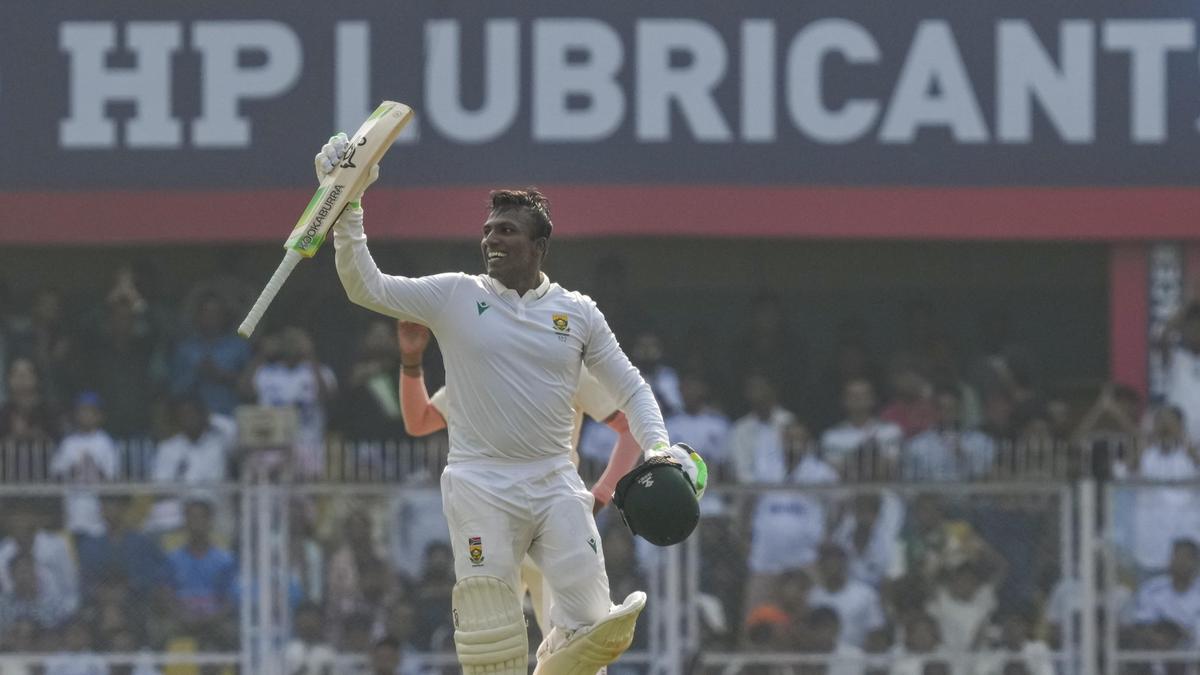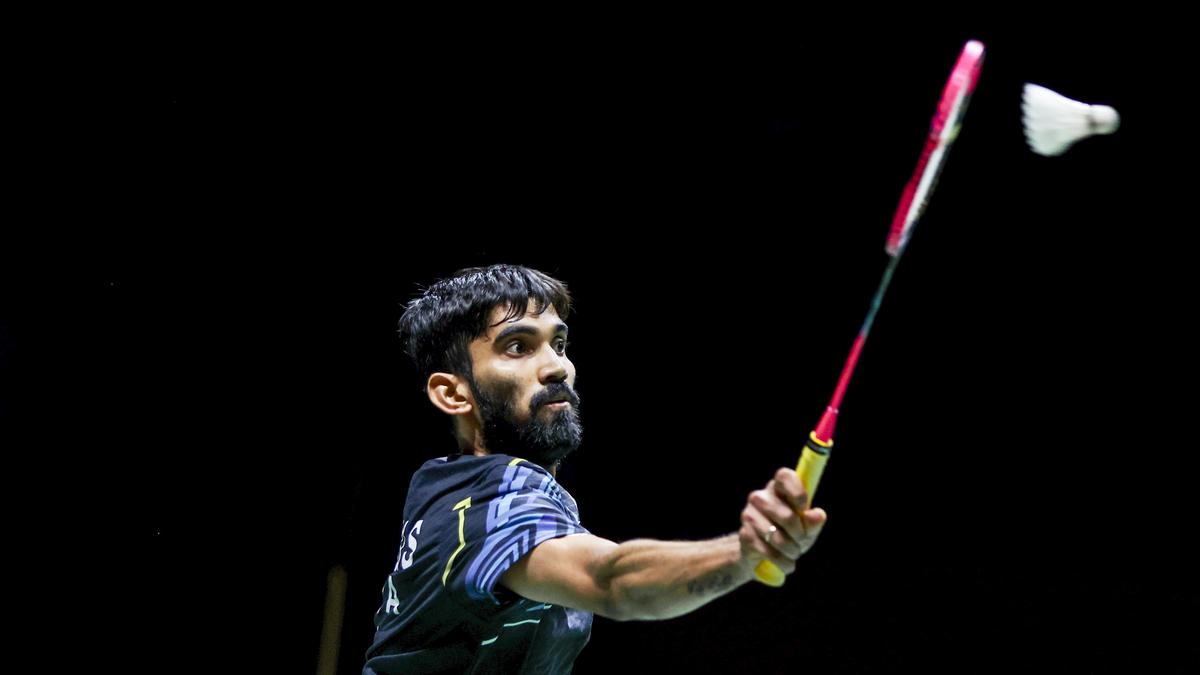‘Money-flow’ matrix: fresh lens on spending habits

Money is like water. Water responds to gravity, pressure, obstacles and also to the shape of its channel. Likewise, money habits of human beings react to their habits, behaviour, impulses, emotions, beliefs, desires, fears, comfort levels, greed and other inner patterns. These invisible patterns decide how money enters your wallet and how it escapes quietly. Engineers study water flow and predict where it speeds up, where it slows down or leaks. Similarly, you need to know your money habits in order to direct flow and plug leaks.
The real battleground of money lies within, not outside. Benjamin Graham, considered the father of value investing, wrote: “The investor’s chief problem—and even his worst enemy—is likely to be himself. The fault is not in our stars—and not in our stocks—but in ourselves.” Often, researchers see that people fall into the trap of the emotional wiring, regardless of income, education or background. The Money-Flow Matrix acts as a lens to gauge your money habits and there are at least seven patterns that help you find out where you score and you slip. Let’s follow the currents more closely.
The Gusher
Gushers always ride in the fast lane. They spend money as quickly as water gushes out of an open tap. It’s the speed of spending that defines them. A Gusher feels a strong and sudden urge to buy, and only later realises that the money has flowed out faster than expected. Author Daniel Kahneman explains that our brains have a fast, instinctive mode called System 1, which “operates automatically and quickly, with little or no effort and no sense of voluntary control.” The upside? Instant gratification. The downside? Money slips away before they consciously decide where it should go.
The Sipper
Every sip of a coffee is precious for sippers, they don’t gulp it one go. These types spend money penny by penny and are slow, rarely rush; they prefer value over impulse and take time to weigh their options. Sippers compare more choices and often take longer time than others to spend even a single Rupee. With or without a formal budget, they have an internal sense of spending limits for food, travel, gifting, entertainment and leisure. Their strength is thoughtful judgement. Their challenge? They postpone purchases that would genuinely improve their quality of life.
The Anchor
When an anchor is dropped, the boat stays steadily in one place. Being stable and steady is the hallmark of Anchors. Psychologists Daniel Kahneman and Amos Tversky showed that the pain of losing money feels far more intense than the pleasure of gaining it. Averse to loss, they gravitate toward traditional financial investments such as FD, RDs, gold or real estate, missing opportunities or limiting growth.
The Drifter
Drifters spend money just like that without any path or purpose. They let their money move wherever the moment takes them. No rhythm, no structure, no planning, and no idea why or on what it was spent. They aren’t careless; they simply respond to life as it happens. The strength of a Drifter is flexibility, but the downside is that money often disappears without purpose.
The Filterer
Filterers filter too many choices and zero-in on the ones that they feel are apt to them. They spend only on what meets their standards. This behaviour aligns with psychologist Barry Schwartz’s idea of ‘The Paradox of Choice’, which explains how having too many options creates decision pressure and makes selection harder. Filterers don’t resist spending but they want every purchase to feel genuinely worthwhile. Their strength is discernment, but at times they take a longer time to decide, especially when there are endless choices.
The Flooder
Flooders stay disciplined most of the time but release money in sudden, intense bursts of temptation. They indulge in shopping sprees during emotional peaks, festivals, sales, celebrations or periods of stress. This behaviour can be linked to ‘ego depletion’, a concept proposed by American social psychologist Roy Baumeister. He explained that one’s ego or self-control can be strengthened but also fatigued, and that fatigue reduces self-control and makes impulsive behaviour more likely. Flooders aren’t reckless, but they are susceptible to a point where held-back decisions spill over and become out of control.
The Blocker
Blockers stop the flow altogether and delay decisions involving money. The flow stays blocked until a deadline forces them to act. They avoid dealing with money because they are highly uncomfortable with it. Bills get postponed, insurance renewals sit untouched and paperwork is left for “tomorrow”. Their strength is that they don’t act impulsively, but the challenge is that delay often costs them more in the long run, from late fees to missed opportunities.
Whether you gush, sip, anchor, drift, filter, flood or block, your pattern isn’t a flaw, it’s just your natural flow. And once you recognise it, awareness becomes the valve that directs where your money goes.
(The writer is an NISM & CRISIL-certified Wealth Manager and certified in NISM’s Research Analyst module)
Published – November 24, 2025 06:10 am IST





